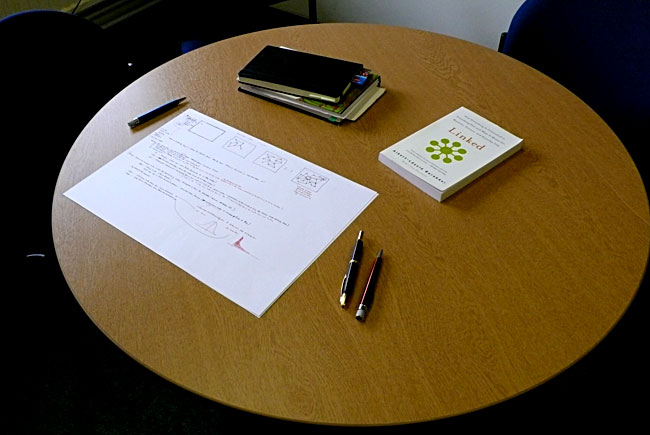From: Jim Allchin
Sent: Wednesday, January 07, 2004 8:38 AM
To: Bill Gates; Steve Ballmer
Subject: losing our way…
This is a rant. I’m sorry.
I am not sure how the company lost sight of what matters to our customers (both business and home) the most, but in my view we lost our way. I think our teams lost sight of what bug-free means, what resilience means, what full scenarios mean, what security means, what performance means, how important current applications are, and really understanding what the most important problems [our] customers face are. I see lots of random features and some great vision, but that doesn’t translate onto great products.
I would buy a Mac today if I was not working at Microsoft. If you run the equivalent of VPC on a MAC you get access to basically all Windows application software (although not the hardware). Apple did not lose their way. You must watch this new video below. I know this doesn’t show anything for businesses, but my point is about the philosophy that Apple uses. They think scenario. They think simple. They think fast. I know there is nothing hugely deep in this.
http://www.apple.com/ilife/video/ilife04_32C.html [Note: link no longer works]
I must tell you everything in my soul tells me that we should do what I called plan (b) yesterday We need a simple fast storage system. LH [Longhorn — now known as VISTA] is a pig and I don’t see any solution to this problem. If we are to rise to the challenge of Linux and Apple, we need to start taking the lessons of “scenario, simple, fast” to heart.
jim
[Source]
Jim Allchin was Co-President, Platforms and Services Division of Microsoft. After 17 years with the company, he retired on January 30, the day Vista shipped to consumers. According to the Microsoft web site,
He shared overall responsibility with Kevin Johnson for the division of the company that includes the Windows and Windows Live Group, Windows Live Platform Group, Online Business Group, Market Expansion Group, Core Operating System Division, Windows Client Marketing Group, Developer and Platform Evangelism Group, and the Server and Tools Business Group.
Well, apart from being free to spend more time with his money, Jim will also be free to buy a Mac!




